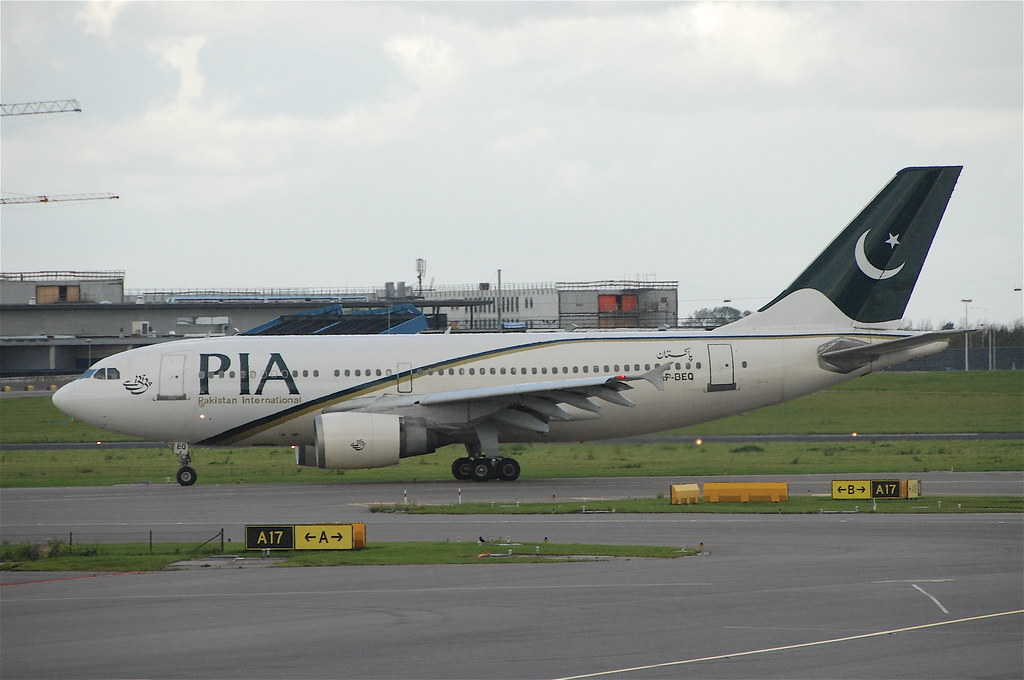|
Getting your Trinity Audio player ready...
|
The process of privatizing Pakistan International Airlines (PIA) has taken a crucial step as approved by the Privatization Commission (PC) in Pakistan during its recent board meeting. The endorsed transaction structure, presented by Ernst & Young, focuses on selling a minimum of 51 percent stake in PIA and implementing a legal division of the airline into separate entities termed as “good” and “bad” PIA.
The transaction encompasses the sale of the majority of PIA shares, coupled with the division of the company’s assets and liabilities. Financial consultants have recommended the sale of shares with corresponding management control, and to facilitate the separation, non-core assets and liabilities will be held in a dedicated holding company.
Read Also: Successful Privatization: IMS Engineering Acquires Heavy Electrical Complex in Rs 1.4 Billion Deal
With PIA’s total liabilities estimated at Rs. 825 billion, advisors propose transferring approximately three-fourths of this burden to the federal government. A new holding company is suggested to oversee around Rs. 640 billion of PIA’s liabilities, including government and commercial bank debts. Additionally, Rs. 140 billion in payables from entities like Pakistan State Oil and the Civil Aviation Authority would be shifted to this holding firm, which would also include PIA’s properties and foreign hotels.
Preservation of key assets, such as approximately $88 million and leasing agreements, forms part of the proposal. Financial experts recommend that the federal government assume responsibility for Rs. 83 billion in payments to aircraft lessors.
Moreover, advisors propose the separation of specific debts, including the Aviation sector Authority’s Rs. 64 billion debt, Pakistan State Oil’s Rs. 69 billion liabilities, and the Federal Board of Revenue’s Rs. 6 billion tax arrears. These segregated entities could then be offered for sale to potential investors.
In summary, the envisioned transaction structure seeks to privatize a substantial portion of PIA, alleviate its financial burden through liability separation, and create distinct entities to attract potential investors, both domestically and internationally.

